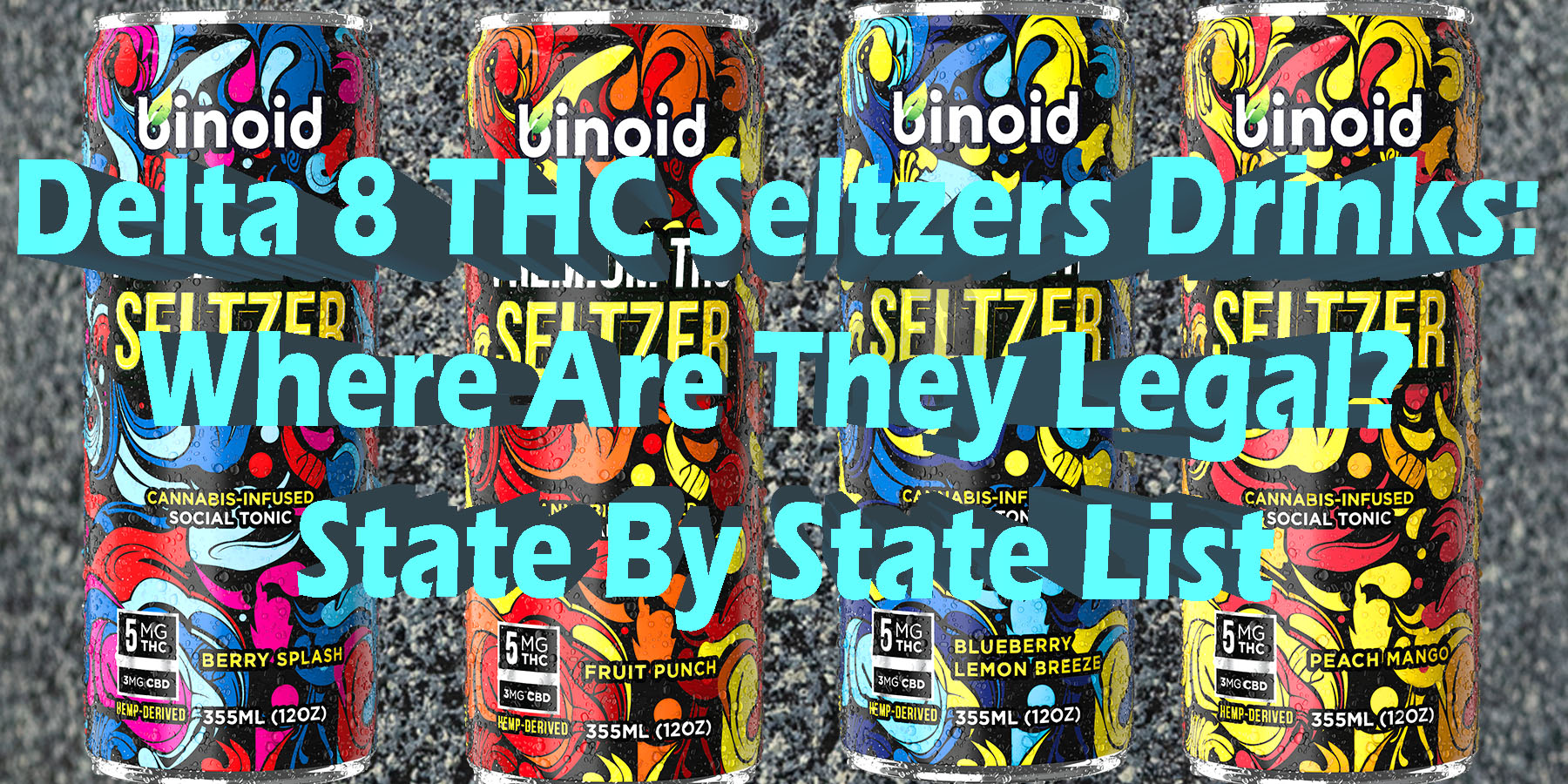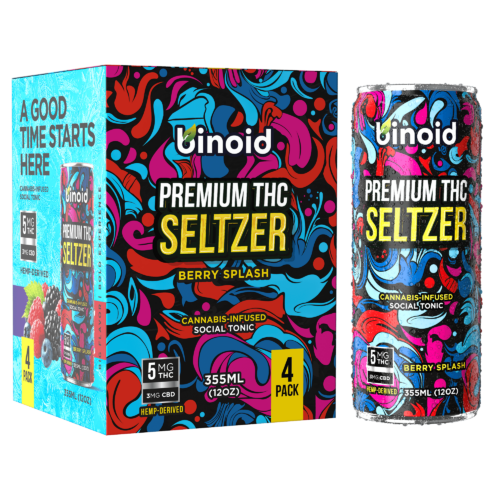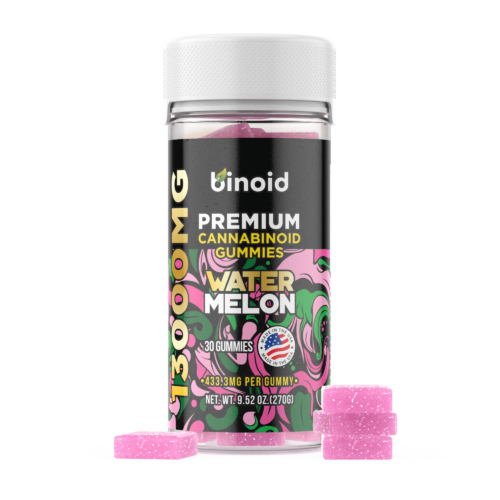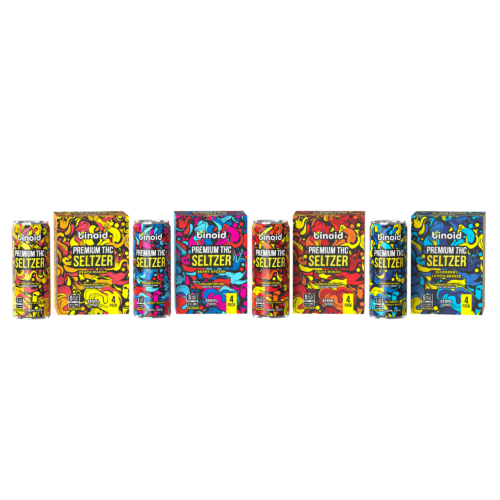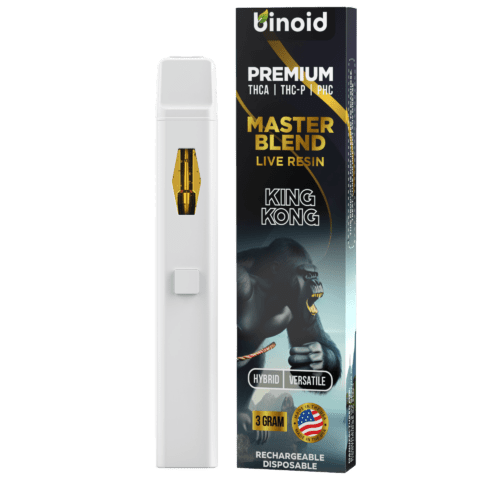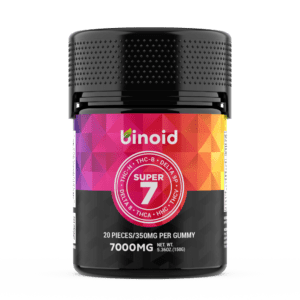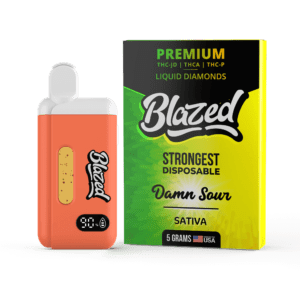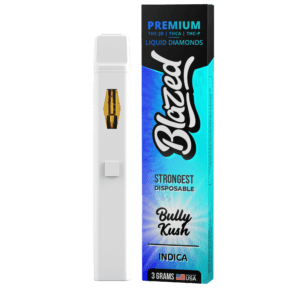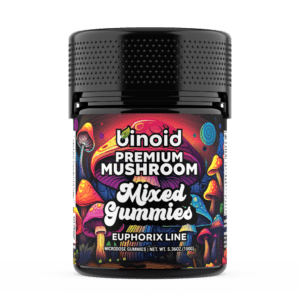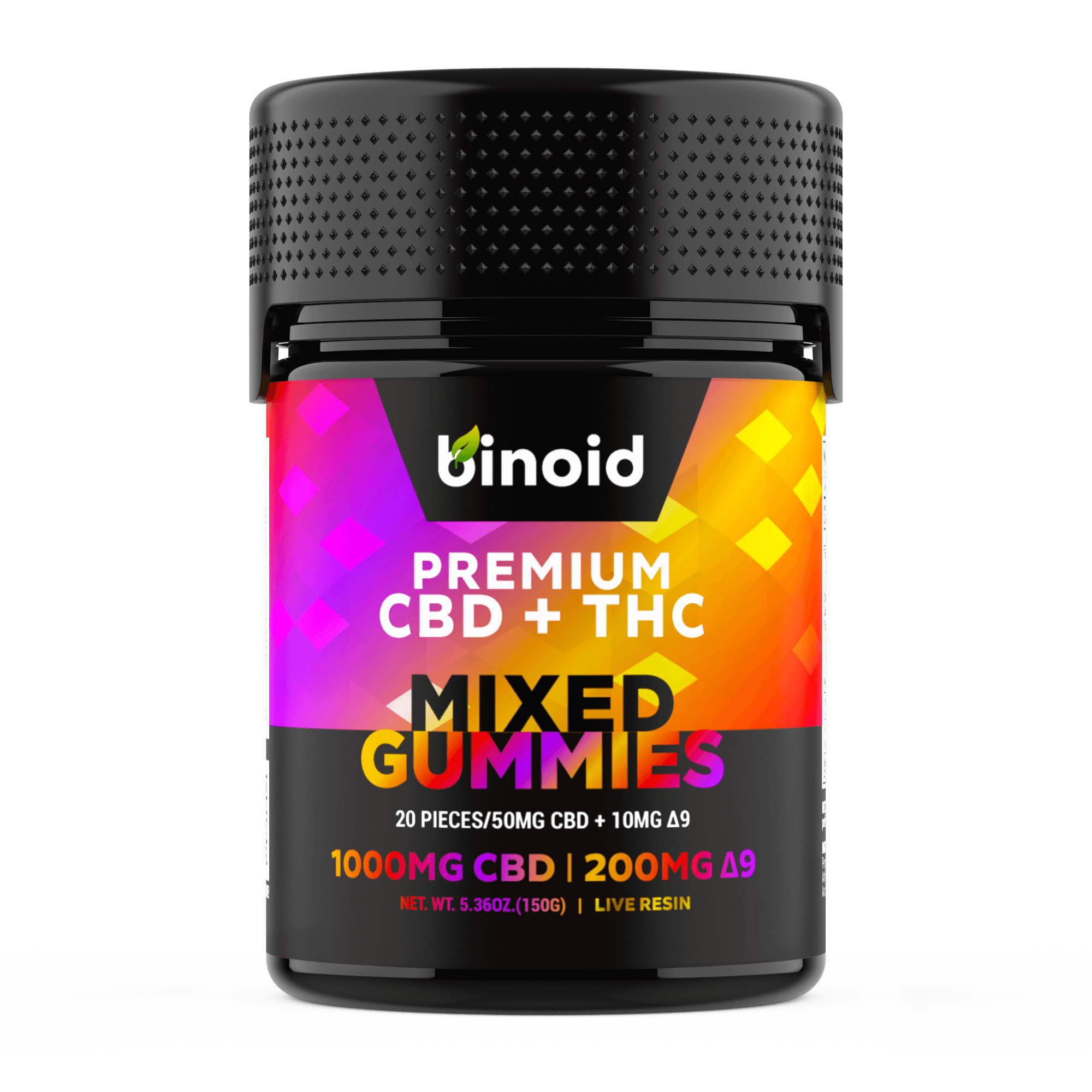A fascinating and complex current is reshaping the American beverage industry, flowing not from breweries or distilleries, but from the intricate world of cannabis chemistry. This current carries with it the crisp, refreshing promise of Delta 8 THC-infused seltzers, a category of drinks that has captured the curiosity of millions.
Representing a unique evolution in smoke-free cannabis consumption, these seltzers offer a famously clear-headed and functional buzz, creating a new social ritual for those seeking relaxation without the intensity of other cannabinoids. Their meteoric rise has been remarkable, shifting them from an obscure online curiosity to a staple in smoke shops and specialty stores nationwide. Yet, for every can that is cracked open, a deeply perplexing legal question lingers in the air: is this actually legal here?
The legality of a Delta 8 THC seltzer is one of the most convoluted issues in modern consumer goods, a true testament to the ongoing friction between federal policy and state-level authority. A beverage that is sold openly in a Tennessee vape shop could lead to legal trouble just one state over. This is because the entire Delta 8 market exists on a precarious legal tightrope, born from a specific interpretation of federal law that many states have since sought to challenge, regulate, or dismantle entirely.
At the heart of this divide is the very nature of Delta 8 THC itself—a cannabinoid derived from federally legal hemp, but one that occupies a gray area that lawmakers are now scrambling to define. For the average person just trying to understand if they can legally enjoy this novel beverage, the landscape can feel like an indecipherable maze of conflicting statutes.
To Buy Delta 8 THC Seltzers Click Here
Recommended products
The Federal Law That Created the Delta 8 Phenomenon
The very existence of the vast, coast-to-coast market for Delta 8 THC products, including seltzers, is the direct result of a monumental piece of federal legislation: the Agriculture Improvement Act of 2018, known universally as the 2018 Farm Bill. This act fundamentally altered the legal landscape by drawing a sharp legal line between two classifications of the cannabis plant. It federally defined “hemp” as the
Cannabis sativa L. plant, with the critical stipulation that it cannot contain more than 0.3% Delta-9 tetrahydrocannabinol (THC) on a dry weight basis. Any cannabis plant that surpasses this 0.3% Delta-9 THC threshold remains legally defined as “marijuana,” which is still a Schedule I controlled substance under federal law. This distinction, while seemingly minor, was seismic. By removing hemp from the Controlled Substances Act, the Farm Bill effectively legalized hemp and all of its derivatives, paving the way for a national market for hemp-derived cannabinoids like CBD, CBG, and, crucially, Delta 8 THC.
The legal argument for Delta 8, however, is far more nuanced than the simple “dry weight” calculation that governs hemp-derived Delta-9 seltzers. Delta 8 THC is found in only minuscule quantities in the hemp plant itself. Therefore, the vast majority of Delta 8 on the market is created through a chemical conversion process. In a laboratory setting, cannabidiol (CBD), which is abundant in legal hemp, is converted into Delta 8 THC through a process called isomerization.
The legal justification is that since the source material (hemp-derived CBD) is federally legal, the final product (Delta 8 THC) is also a legal hemp derivative. This interpretation created the legal loophole through which the entire Delta 8 industry emerged, allowing for seltzers containing significant, intoxicating amounts of Delta 8 to be produced while arguably remaining compliant with the 2018 Farm Bill’s definition of hemp.
However, the 2018 Farm Bill did not establish a completely unregulated national market; instead, it explicitly gave states the power to create their own, potentially stricter, regulatory frameworks for hemp cultivation and sales within their own borders. This provision is the primary reason for the chaotic patchwork of laws that governs Delta 8 today. While the federal government opened the door, it allowed each state to decide whether to walk through it, regulate the doorway, or board it up entirely. As a result, many states have taken direct aim at the Delta 8 loophole, passing laws to specifically ban what they deem to be “intoxicating” or “synthetically derived” hemp products, regardless of the federal definition.
This state-level backlash is compounded by the positions of other federal agencies. The Drug Enforcement Administration (DEA) has previously issued an Interim Final Rule suggesting that “synthetically derived tetrahydrocannabinols” remain illegal Schedule I substances, a statement that has cast a long shadow of uncertainty over the isomerization process used to create Delta 8. Meanwhile, the Food and Drug Administration (FDA) has consistently stated that it is illegal to add cannabinoids like THC or CBD to conventional food and beverages, though its enforcement has been sporadic and primarily aimed at companies making egregious health claims. This confusing and often contradictory regulatory environment, with a federal legal loophole on one side and aggressive state-level bans on the other, is the defining characteristic of the Delta 8 seltzer market.
The Core of the Conflict: Decoding the Legal Arguments
To grasp where Delta 8 THC seltzers are legal, one must first understand the fundamental legal clash at the heart of the issue. You are not dealing with two different product types, as is the case with hemp vs. marijuana-derived Delta-9 seltzers; you are dealing with two opposing interpretations of the same law. On one side, you have the argument for federal legality based on the 2018 Farm Bill. On the other, you have a growing number of states that have rejected this interpretation and enacted specific bans. The legality of a Delta 8 seltzer in your specific location hinges entirely on which of these interpretations holds sway in your state’s laws:
Federally Legal Status (The Argument For): The proponents of Delta 8, including manufacturers and retailers, anchor their legal standing firmly in the text of the 2018 Farm Bill. Their argument is straightforward: the bill defines hemp by its Delta-9 THC concentration, not its concentration of any other cannabinoid. Since Delta 8 THC is not Delta-9 THC, and because it is derived from CBD that was extracted from federally compliant hemp plants, it should be considered a legal hemp product. This interpretation is what allows for the interstate commerce of Delta 8 products, enabling online sales and distribution to a wide array of retail stores in states that have not enacted specific bans. These seltzers can be found in smoke shops, specialty wellness stores, and even some gas stations, and typically contain doses ranging from 10mg to 50mg or more, designed to be psychoactive.
State-Level Bans (The Argument Against): In response to the booming Delta 8 market, many state legislatures have taken decisive action to close the loophole. Their argument is often twofold. First, they contend that the intent of the Farm Bill was to legalize non-intoxicating industrial hemp, not to create a pathway for new intoxicating drugs. Second, they often classify Delta 8 as a “synthetically derived” or “chemically altered” substance because of the laboratory conversion from CBD, placing it outside the definition of a natural hemp extract. States like Colorado, New York, and Oregon have passed laws that either explicitly ban Delta 8 and other isomers by name or have redefined “THC” to include the total concentration of all tetrahydrocannabinols, effectively making Delta 8 products illegal under the 0.3% limit. These products are not available in any licensed dispensary or retail store in these states.
Recommended products
State-by-State Breakdown: Your Guide to Legal Delta 8 THC Seltzers
The journey from a federal legal loophole to the shelf of your local smoke shop is where the legal status of Delta 8 THC seltzers becomes a dizzying web of local statutes and regulations. Some states have passively allowed the market to flourish, some have embraced and regulated it, and a significant number have declared it illegal. To paint the clearest possible picture of this complex reality, we have researched and assembled the detailed chart below. This is your comprehensive, at-a-glance guide to the legal standing of Delta 8 THC seltzers across the United States, detailing each state’s current position and the nuances that define its local market landscape.
(Note: Cannabis laws are subject to change. This information is for informational purposes as of late 2025 and should not be considered legal advice. Always verify your local laws before purchasing or consuming any product.)
|
State |
Legal Status of Delta 8 Seltzers |
Key Regulations & Nuances for Delta 8 Seltzers |
Common Delta 8 Seltzer Market Scene |
|---|---|---|---|
|
Alabama |
Legal (Hemp-Only) |
Delta 8 is legal under the state’s hemp laws, which align with the 2018 Farm Bill. It is widely available. |
A large and thriving market. Delta 8 seltzers and other products are commonly found in smoke shops, CBD stores, and specialty retailers. |
|
Alaska |
Illegal / Regulated as Marijuana |
The state has explicitly banned chemically altered cannabinoids like Delta 8 from being sold outside of its licensed cannabis system. It is treated the same as marijuana. |
None in the hemp market. Products are only available within the state’s licensed recreational dispensaries. |
|
Arizona |
Illegal / Regulated as Marijuana |
Similar to Alaska, Arizona law considers Delta 8 a synthetic cannabinoid and restricts its sale to the regulated marijuana dispensary system. |
Not available in smoke shops. Any THC seltzer must be purchased from a state-licensed dispensary. |
|
Arkansas |
Illegal |
Arkansas has passed specific legislation (Act 629) that bans “intoxicating substances” derived from hemp, explicitly including Delta 8 THC. |
None. The state has cracked down on the sale of Delta 8, and products are not legally available. |
|
California |
Illegal / Regulated as Marijuana |
California law (AB-45) regulates Delta 8 under its main cannabis framework. All THC isomers are combined under the 0.3% limit for hemp products, effectively banning hemp-derived Delta 8. |
None in the hemp market. Seltzers must be purchased from a licensed dispensary and meet state testing standards. |
|
Colorado |
Illegal / Regulated as Marijuana |
A pioneer in cannabis, Colorado was also one of the first to ban Delta 8 from the hemp market, classifying it as a “chemically modified” and controlled substance. |
None. All THC products, including any seltzers, are sold exclusively through licensed recreational dispensaries. |
|
Connecticut |
Illegal / Regulated as Marijuana |
Connecticut law restricts the sale of all high-THC products, including Delta 8, to its licensed adult-use cannabis market. |
You will not find Delta 8 seltzers in smoke shops; they are only available in state-licensed dispensaries. |
|
Delaware |
Illegal |
Delaware’s controlled substance list includes all THC isomers, making Delta 8 illegal to sell, possess, or consume in the state. |
None. The sale and possession of Delta 8 products are prohibited. |
|
Florida |
Legal (Hemp-Only) |
Florida has one of the largest and most permissive markets for Delta 8 in the country, with its laws tied directly to the 0.3% Delta-9 THC definition. |
An enormous and highly visible market. Delta 8 seltzers are ubiquitous in smoke shops, kava bars, and specialty wellness stores across the state. |
|
Georgia |
Legal (Hemp-Only) |
Delta 8 currently remains legal in Georgia under the federal definition of hemp, despite some legislative attempts to regulate it. |
A very strong and active market. Seltzers and other Delta 8 products are widely available in CBD and smoke shops. |
|
Hawaii |
Illegal |
Hawaii has banned the sale and shipment of Delta 8 products, classifying them as illegal synthetic cannabinoids. |
None. The market is not legally permitted to operate. |
|
Idaho |
Illegal |
Idaho has some of the strictest cannabis laws in the country. Any product containing any amount of THC, including Delta 8, is illegal. |
None. Idaho maintains a zero-tolerance policy for all THC products. |
|
Illinois |
Legal (Hemp-Only) |
Delta 8 is legal and widely sold in Illinois, existing alongside the state’s robust recreational marijuana program. |
A healthy market exists outside of dispensaries. Smoke shops and CBD stores have a wide selection of Delta 8 seltzers. |
|
Indiana |
Legal (Hemp-Only) |
Despite its conservative stance on cannabis, Indiana law permits the sale of hemp-derived cannabinoids, making Delta 8 legal and available. |
A surprisingly large and well-established market. Delta 8 products, including seltzers, are common in smoke shops. |
|
Iowa |
Illegal |
Iowa law specifically bans the sale of any consumable product that is created through the chemical modification of a hemp substance, which includes Delta 8. |
None. The sale of Delta 8 products is prohibited. |
|
Kansas |
Legal (Hemp-Only) |
Delta 8 exists in a legal gray area but is generally sold and considered legal as long as it contains no Delta-9 THC. |
A growing market can be found, primarily in smoke shops in larger metropolitan areas. |
|
Kentucky |
Legal (Hemp-Only) |
Delta 8 is currently legal in Kentucky, though the state has moved to regulate other hemp-derived products, so its future status is uncertain. |
A solid market exists, with seltzers and other D8 products available in many specialty shops. |
|
Louisiana |
Illegal |
Louisiana has passed laws that explicitly ban and regulate intoxicating hemp products, making Delta 8 illegal for sale. |
None. The state has cracked down on the market. |
|
Maine |
Legal (Hemp-Only) |
Delta 8 is legal in Maine and is sold alongside the state’s adult-use marijuana products. |
A good selection of Delta 8 seltzers can be found in smoke shops and CBD stores, separate from the dispensary system. |
|
Maryland |
Illegal / Regulated as Marijuana |
Maryland law now requires any intoxicating cannabinoid product, including Delta 8, to be sold through the state’s licensed dispensary system. |
None in the hemp market. Seltzers are a dispensary-only item. |
|
Massachusetts |
Illegal |
The state has issued guidance confirming that Delta 8 is a controlled substance and is not legal to sell in the unregulated hemp market. |
None. Delta 8 products are considered illegal outside of the regulated cannabis system. |
|
Michigan |
Illegal / Regulated as Marijuana |
Michigan treats Delta 8 the same as Delta 9. Any intoxicating THC product must be sold through the state’s licensed recreational dispensaries. |
None in the general retail market. Seltzers are widely available but only in licensed dispensaries. |
|
Minnesota |
Illegal / Regulated as Hemp |
Minnesota has a unique system. It banned Delta 8 but legalized low-dose (5mg) hemp-derived Delta-9 seltzers, which now dominate the market instead. |
The Delta 8 market has been replaced by a massive market for low-dose Delta-9 seltzers, which are sold everywhere. |
|
Mississippi |
Illegal |
Mississippi law considers Delta 8 a synthetic cannabinoid and has explicitly banned its sale and possession. |
None. The state has taken a firm stance against Delta 8. |
|
Missouri |
Legal (Hemp-Only) |
Delta 8 is legal and available in Missouri, coexisting with the state’s recreational marijuana market. |
A strong and competitive market for Delta 8 products is present in smoke shops and CBD stores across the state. |
|
Montana |
Illegal |
Montana law has been updated to explicitly ban synthetic cannabinoids, including Delta 8 THC. |
None. Delta 8 is not legal for sale in the state. |
|
Nebraska |
Legal (Hemp-Only) |
The state’s definition of hemp aligns with the federal Farm Bill, making Delta 8 technically legal. |
A modest but growing market can be found in smoke shops, particularly in Omaha and Lincoln. |
|
Nevada |
Illegal |
Nevada law explicitly bans synthetic cannabinoids, which state regulators have interpreted to include Delta 8 THC. |
None. The state’s cannabis laws prohibit the sale of Delta 8. |
|
New Hampshire |
Legal (Hemp-Only) |
Delta 8 remains legal under New Hampshire’s hemp laws, which are tied to the federal definition. |
A decent selection of Delta 8 seltzers and other products can be found in the state’s many smoke shops. |
|
New Jersey |
Legal (Hemp-Only) |
Delta 8 is currently legal and sold in New Jersey, although state regulators are considering new rules that could change this. |
A robust market currently exists, with products widely available in smoke shops and specialty retailers. |
|
New Mexico |
Legal (Hemp-Only) |
Delta 8 is legal and exists alongside the state’s adult-use cannabis market. |
A good market is present, with many local and national brands of Delta 8 seltzers available. |
|
New York |
Illegal |
New York has explicitly banned the sale of Delta 8 THC, classifying it as an illegal synthetic cannabinoid. |
None. The state has prohibited the market. |
|
North Carolina |
Legal (Hemp-Only) |
North Carolina boasts one of the largest and most established Delta 8 markets in the United States. |
An enormous and highly competitive market. Delta 8 seltzers are extremely popular and available in countless smoke shops and CBD stores. |
|
North Dakota |
Illegal |
State law has been interpreted to ban Delta 8 THC as a controlled substance. |
None. Delta 8 is not legal for sale. |
|
Ohio |
Legal (Hemp-Only) |
Delta 8 is legal in Ohio. The launch of the state’s recreational marijuana market has not impacted the separate Delta 8 market. |
A very large and active market for Delta 8 products, including a wide variety of seltzers, exists statewide. |
|
Oklahoma |
Legal (Hemp-Only) |
Delta 8 is legal in Oklahoma and is extremely popular, existing in parallel with the state’s massive medical marijuana program. |
A huge market exists. Smoke shops have an extensive selection of high-potency Delta 8 seltzers and other products. |
|
Oregon |
Illegal / Regulated as Marijuana |
Oregon has enacted a “total THC” law, which limits all THC isomers in hemp products to 0.3%, effectively banning the sale of intoxicating Delta 8 products outside of dispensaries. |
None in the hemp market. Seltzers are a dispensary-only item. |
|
Pennsylvania |
Legal (Hemp-Only) |
Delta 8 is legal under the state’s hemp laws and is widely available across the commonwealth. |
A strong and established market. Many smoke shops and specialty wellness stores carry a variety of Delta 8 seltzers. |
|
Rhode Island |
Illegal |
State regulators have clarified that Delta 8 is a controlled substance and is illegal to sell outside of the regulated cannabis system. |
None. The sale of Delta 8 is prohibited. |
|
South Carolina |
Legal (Gray Area) |
The state’s top law enforcement official has declared Delta 8 illegal, but products remain widely sold as court cases proceed. The market is legally perilous. |
A large but legally risky market. Seltzers are available, but retailers operate under the threat of legal action. |
|
South Dakota |
Illegal |
The state has passed laws specifically banning Delta 8 and other intoxicating hemp isomers. |
None. The state has a zero-tolerance policy. |
|
Tennessee |
Legal (Hemp-Only) |
Tennessee has a massive Delta 8 market, though the state has moved to tax and regulate these products more heavily. |
A huge and highly competitive market, especially in cities like Nashville and Memphis. Seltzers are a very popular category. |
|
Texas |
Legal (Hemp-Only) |
Despite multiple attempts by the state to ban it, Delta 8 remains legal in Texas due to court injunctions. |
A very large and fiercely independent market. Delta 8 seltzers and THC-infused ranch waters are widely available. |
|
Utah |
Illegal |
Utah law explicitly bans the production and sale of psychoactive hemp-derived cannabinoids, including Delta 8. |
None. Delta 8 is not legal in the state. |
|
Vermont |
Illegal |
Vermont has banned Delta 8, classifying it as a synthetic cannabinoid that cannot be legally produced from hemp. |
None. The state prohibits the sale of Delta 8 products. |
|
Virginia |
Legal (Regulated) |
Virginia has passed laws to regulate intoxicating hemp products, setting a “total THC” limit and capping products at 2mg of THC per package, effectively banning most Delta 8 seltzers. |
The market for high-potency seltzers has been eliminated by the new regulations. |
|
Washington |
Illegal / Regulated as Marijuana |
The state’s Liquor and Cannabis Board has clarified that Delta 8 is not legal for sale in the unregulated hemp market and must be sold through licensed dispensaries. |
None in the general retail market. Seltzers are available in state-licensed cannabis stores. |
|
Washington D.C. |
Illegal |
The District of Columbia has banned the sale of intoxicating hemp products like Delta 8 outside of its licensed dispensary system. |
None. Delta 8 is treated the same as marijuana. |
|
West Virginia |
Legal (Hemp-Only) |
Delta 8 is legal under the state’s current hemp laws, though the market is smaller than in neighboring states. |
A developing market can be found in smoke shops and specialty stores. |
|
Wisconsin |
Legal (Hemp-Only) |
Delta 8 exists in a legal loophole and is widely available and popular throughout the state. |
A very large and unregulated market thrives in smoke shops, CBD stores, and even some bars. |
|
Wyoming |
Legal (Hemp-Only) |
While the state is generally conservative on cannabis, its laws currently permit the sale of federally compliant hemp products like Delta 8. |
A limited but growing market. Availability is mostly in smoke shops in larger towns and through online retailers. |
The Future of Delta 8 Regulation
The entire Delta 8 THC seltzer phenomenon currently exists in a state of legal flux, a temporary space carved out by legislative ambiguity and market demand. While the legal battles in statehouses and courtrooms will undoubtedly continue to evolve, the industry’s future is also being powerfully shaped by forces from within. In the conspicuous absence of a clear, unified federal regulatory framework, a de facto system of governance is beginning to emerge from the market itself.
Leading brands, recognizing the need for consumer trust and long-term legitimacy, are increasingly adopting transparent practices like making comprehensive, third-party lab results readily available for every product batch. This widespread push for self-regulation and quality assurance suggests that the eventual stability of the Delta 8 market may not arrive from a single, all-encompassing law, but rather from the industry’s own collective drive to establish a reliable and trustworthy standard for its products.

